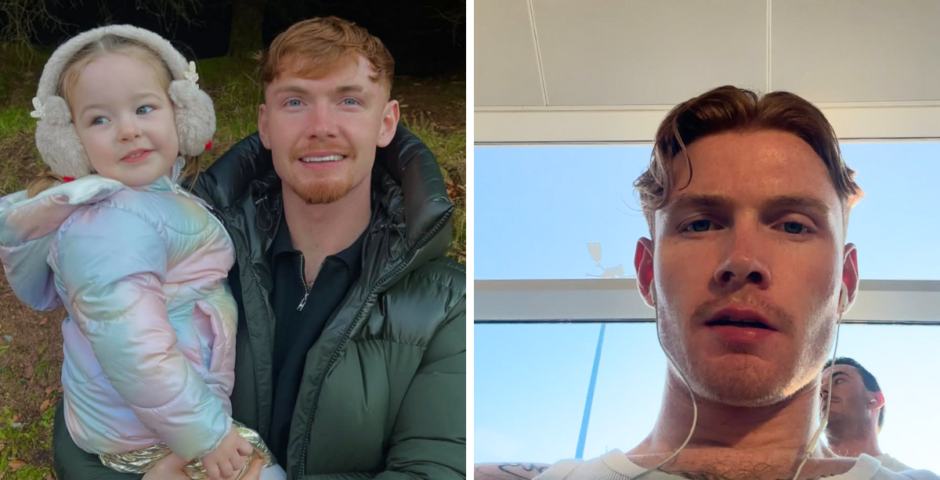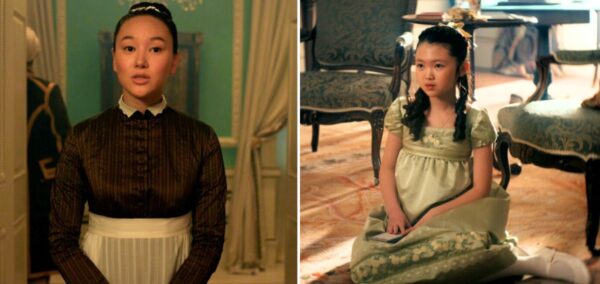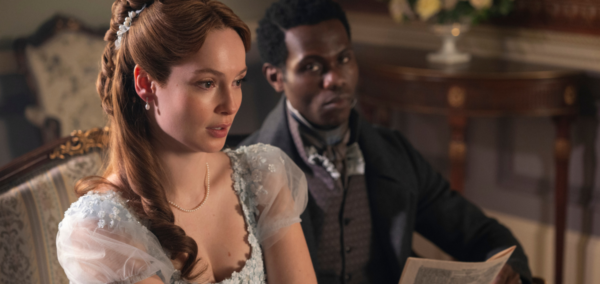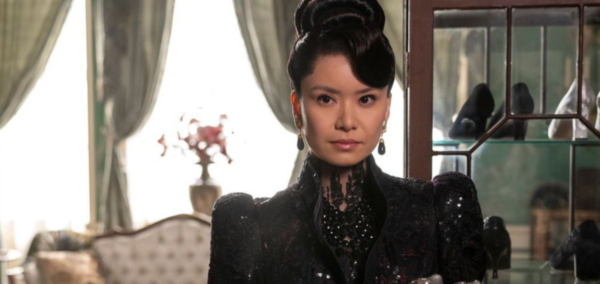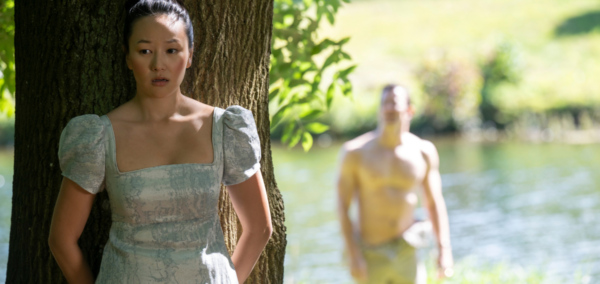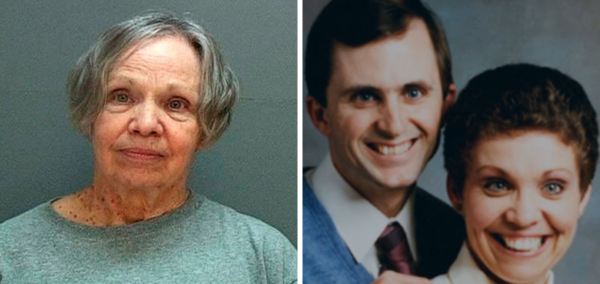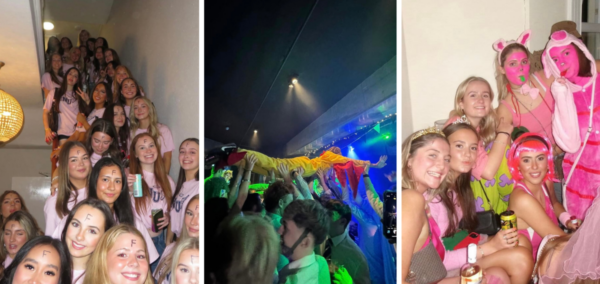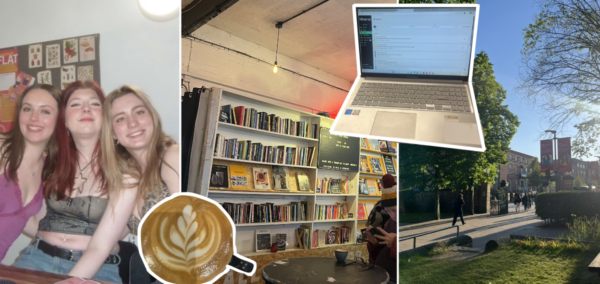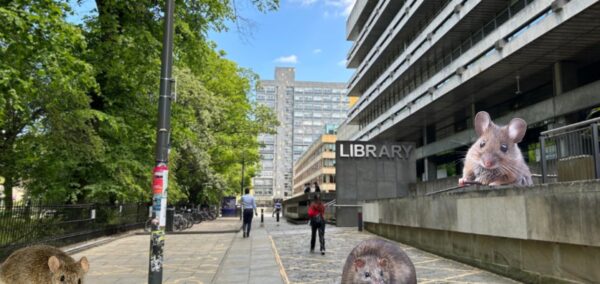
Fashion students at USW are making custom-made clothes for Cardiff conjoined twins
The university and the twins’ father are urging fashion industries to embrace adaptable fashion
University of South Wales’ fashion department has made custom clothes for conjoined twin girls from Cardiff.
This comes as the university calls for more accessible clothes for disabled individuals to be made.
The twins who have received the clothes are Marieme and Ndeye, who are joined at the pelvis, sharing one pair of legs. Ndeye has a left arm while Marieme has a right, both sharing the use of a middle arm.
Susan James, a technical instructor specialising in fashion at the university, expressed her enthusiasm for the project.
She told BBC Wales: “When I first heard about the girls I thought what an amazing project to be involved in, to give them something they can’t normally get – to be able to go into a store and that excitement and everything that brings with it”.
Marieme and Ndeye, both seven years old have a lot in common. However, they do not have a similar sense of style, for example, Marieme likes red and Ndeye likes pink.
The University of South Wales and its fashion department staff and students, have undertaken modules in adaptive fashion, and have tailor-made custom designs exclusively for them which will suit their needs and likes.
Despite the twins’ differences in style, the team of designers from USW are helping them feel more at ease in their wardrobe, helping them express their unique styles and identities while maximising their individual comfort.
Due to their condition, the twins do not share the same body temperature. In response to these independent needs, the team from the USW have combined a t-shirt for Nydeye, and a sweatshirt for Marieme. Additionally, they have modified a winter coat, reducing thermal padding for Ndeye whilst increasing it for Marieme.
Most Read
The twin’s father Ibrahima, encounters daily challenges in dressing the girls, and advocates for greater inclusivity within mainstream fashion.
“It is giving me grey hairs every day,” he joked. “You have to buy two identical tops to join them together. They have two legs so that they can have regular trousers, but their hips are very wide so you have to take it to the alteration shop”.
Whilst Marieme and Ndeye have overcome many obstacles thus far, they encounter numerous challenges daily and rely on each other for survival. Ndeye’s body works hard to support Marieme, resulting in her producing increased heat and perspiration.
The girls’ unique bodies and needs highlight the need for more accessible and inclusive fashion options for all individuals with disabilities. However, according to BBC Wales, adaptive clothing is still generally harder to find and more expensive than items on the high street.
“Something like this does tend to be more expensive. But the more we do of it, the more we can bring the price down,” said Susan James, from the fashion team at USW.
She also expressed hope for a label or brand within the mainstream fashion industry to embrace adaptive fashion, making it more accessible and hopefully in time, more affordable.
Related stories recommended by this writer:
• University of South Wales is scrapping its journalism course after more than 20 years
• Former head of Universities Wales has said she supports an increase in tuition fees
• A University of South Wales campus has faced a 75 per cent drop in students since 2010



